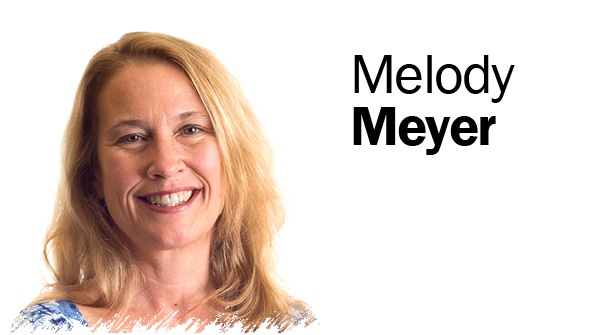The NOSB’s next public meeting is October 26-29 in Vermont. Here are some resources to keep you up to date.

As our green orb tilts and spins, the northern hemisphere performs its yearly autumnal dance. Light and leaves take on auburn, goldenrod and Anjou. Pumpkins, persimmons and purple corn grace our centerpieces. The height of summer has ripened into a season of change. Not so poetic, but equally profound, it is the seasonal waxing of the organic process. The National Organic Standards Board will meet October 26-29 in Stowe, Vt., and they need to hear from YOU.
Let’s review the process:
The National Organic Program is the department within the USDA that administrates and writes regulations and manages the organic process. They keep the standards alive and relevant, always seeking continuous improvement. This small but mighty department relies on the National Organic Standards Board to give them recommendations and advice.
The NOSB members are appointed by the Secretary of Agriculture. The board comprises various members of the organic community: Four producers, three environmentalists or resource conservationists, three consumer advocates, two handlers/processors, one retailer, one scientist and one USDA accredited certifying agent. The makeup of the board is meant to represent the organic community in a fair and balanced way.
The NOSB recommends whether substances should be allowed or prohibited in organic production or handling, and they assist in developing standards for materials to be used in organic production. Twice a year this board of industry representatives meets in a public venue to discuss the regulations and standards. They in turn rely on YOU, dear reader, to be involved, know what is on the agenda and send them your comments.
This meeting decides whether 168 materials may continue to be used in organic production.
The NOSB’s next public meeting will be in Stowe, Vt., from October 26-29. Not only will the leaves be changing, but big changes could come to farmers, handlers and processors if some of their tools are taken away. Just look at the tentative meeting agenda and the meeting materials (all proposals and discussion documents) (PDF) to see how much is at stake. The Organic Trade Association has provided an excellent resource listing all 2017 Sunset Review Materials. There is a lot going on at this meeting, and it’s important to study the documents to determine if you have a stake in or opinion on any of the items. Quite frankly, it’s your right and organic duty to make a comment.
The NOP has made it easier than ever to make a comment! You don’t have to travel to Vermont to make your voice heard. You can provide written comments, participate in a webinar or enjoy the autumn flavor in person in Vermont. Comments can be made from 1-4 p.m. ET on October 13 and from 1 – 4 p.m. ET on October 20 via webinar. You can also show up October 26-27 for the in-person meeting, which always provides a little theater. This is your link to sign up for the webinars or the in-person meeting. Written comments are sometimes more important, because the NOSB really gets a chance to review your details. To submit written comments go to regulations.gov (keyword: AMS-NOP-15-0037).
The deadline to register to make in-person comments or written comments is 11:59pm ET on October 5. The deadline to register to make oral comments is 11:59pm ET on October 8. Mark your calendar, get your reading glasses on and make your fingers nimble. Making comments is critical to the process! When big changes in organic production are debated and there is no community voice, the discussion falls apart. I have witnessed several meetings where large issues illicit very few comments to the board. They need to hear all sides of every agenda item!
Thanks to the OTA for providing some excellent tools to help you through the process!
READ: NOSB releases fall 2015 meeting proposals
GET THE HIGHLIGHTS: These inputs are at risk for removal from the National List in 2017. Also, check out the complete summary of all subcommittee proposals.
COMMENT VIA WEBINAR: New this year, sign up to provide oral comments
SUBMIT WRITTEN COMMENTS: Weigh in with your written comments by 10/5
PARTICIPATE: Use OTA’s survey system to provide feedback to NOSB
ATTEND: Plan your travel to Stowe, VT
I believe that organic is the gold standard of food, textiles and farming. There is no food system in the United States that provides as many benefits to the planet and the people. It is also the most transparent, vigorously discussed and rigorously evaluated food system we have!
If you make your living in organic food, or if you are an organic food and textile advocate, it is your organic moral obligation to be informed. Keep abreast, get involved, speak up and speak often. The transparency of this great label is only as good as the members of the community who participate in it. See you in Vermont?
About the Author(s)
You May Also Like




